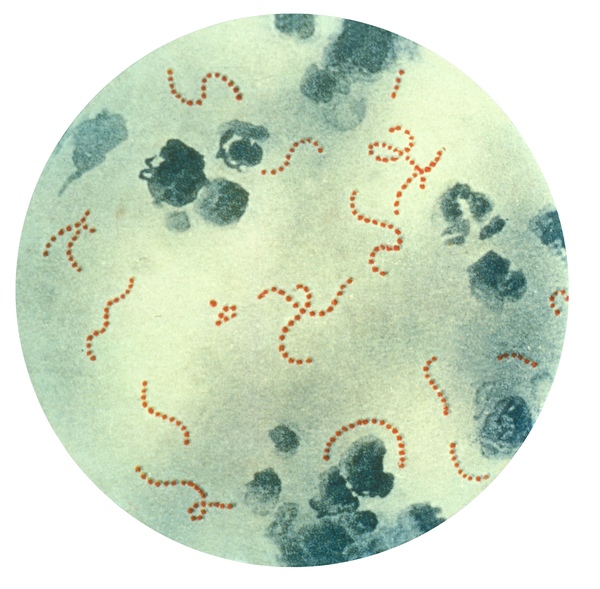The Development of a Highly Sensitive Home Diagnosis Kit for Group A Streptococcus Bacteria (GAS)
(1) Century High School, Rochester, Minnesota, (2) Mayo Clinic, Rochester, Minnesota
https://doi.org/10.59720/18-044
Strep throat is a bacterial infection contracted by millions of people every year. Due to its similarity in symptoms to viral infections, a rapid diagnostic test to distinguish Group A Streptococcus bacteria (Strep A) from a viral infection is necessary for proper treatment. Any delay in treatment may cause secondary infections in the patients’ sinus and/or kidneys. Current Strep A diagnosis methods, including bacteria culture and the rapid antigen detection test (RADT), are not as sensitive as molecular detection. Molecular detection is the ultimate tool for bacterial DNA detection, but often needs to be performed in a hospital laboratory. In this study, molecular technologies were incorporated into a home-based DNA detection assay to replace current bacterial detection methods. The molecular assay consists of three parts: DNA extraction on Flinders Technology Associates (FTA) filter paper for Micro Extraction Technology (MET), isothermal DNA amplification using Recombinase Polymerase Amplification (RPA), and bacterial detection through a lateral flow strip. We hypothesized that the rapid molecular assay possesses higher sensitivity in comparison to current detection methods. Controlled initial experiments showed that the molecular assay is 100-fold more sensitive than RADT, and has a low detection limit. Negative results using similar microorganisms, and the absence of cross reactivity support the specificity of the assay. Lastly, identical inter-run results suggest the assay has good reproducibility. Overall, this initial experiment provides potential for home molecular testing on Strep A patients. Further studies on the use of this assay on patients with Strep A infections will require clinical trials.
This article has been tagged with: